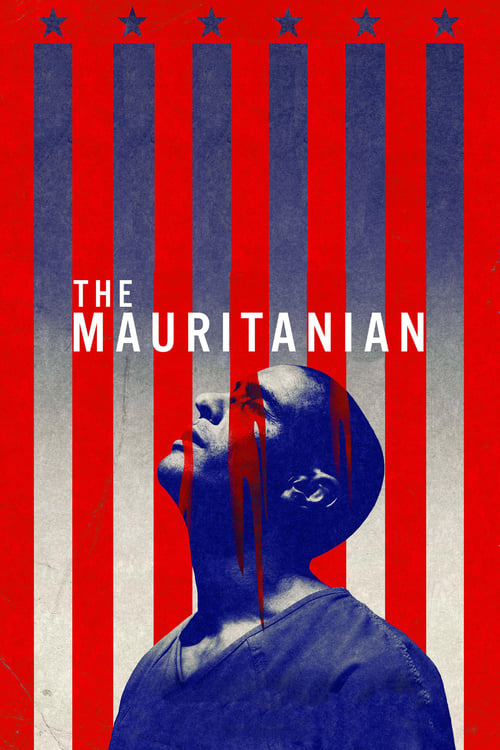
Title: The Mauritanian
Year: 2021
Director: Kevin Macdonald
Writer: Michael Bronner
Cast: Tahar Rahim (Mohamedou Ould Slahi),
Jodie Foster (Nancy Hollander),
Benedict Cumberbatch (Lt. Stuart Couch),
Shailene Woodley (Teri Duncan),
Zachary Levi (Neil Buckland),
Runtime: 129 min.
Synopsis: The true story of the Mauritanian Mohamedou Ould Slahi, who was held at the U.S military's Guantanamo Bay detention center without charges for over a decade and sought help from a defense attorney for his release.
Rating: 7.416/10
Scales of Justice: The Mauritanian’s Unflinching Gaze into Guantanamo’s Shadows
/10
Posted on July 21, 2025
The Mauritanian (2021), directed by Kevin Macdonald, is a searing exploration of justice’s fragility, anchored by Tahar Rahim’s quietly devastating performance as Mohamedou Ould Slahi. Rahim’s portrayal raw, vulnerable, yet resilient captures a man stripped of agency yet clinging to humanity. His expressive eyes convey a spectrum of despair and defiance, making Slahi’s memoir-based ordeal feel visceral. Jodie Foster, as defense attorney Nancy Hollander, complements Rahim with steely resolve, her understated gravitas grounding the film’s moral core. Their dynamic, though occasionally underexplored, drives the narrative’s tension between systemic injustice and personal redemption.
Macdonald’s direction is deliberate, weaving documentary-like precision with cinematic intimacy. He avoids sensationalism, letting the stark reality of Guantanamo’s detention camps filmed with chilling authenticity in South Africa’s desolate landscapes speak for itself. The cinematography, by Alwin H. Küchler, uses muted palettes and tight framing to evoke claustrophobia, mirroring Slahi’s confinement. Flashbacks to his torture are jarring yet restrained, their non-linear structure amplifying disorientation without exploiting suffering. However, the screenplay, adapted by M.B. Traven and others, falters in pacing. The second act sags under repetitive legal procedural beats, diluting the urgency of Slahi’s plight. A leaner script could have sharpened the film’s emotional crescendos.
The score, composed by Tom Hodge, is a subtle triumph, its minimalist strings and percussive undertones underscoring the narrative’s moral weight without overpowering it. The music mirrors Slahi’s emotional arc, swelling with hope in rare moments of connection. Yet, the film’s reliance on Hollander’s perspective occasionally sidelines Slahi’s voice, a missed opportunity to delve deeper into his cultural and spiritual resilience. This imbalance, while not fatal, tempers the film’s impact.
The Mauritanian’s strength lies in its refusal to offer easy answers. It challenges viewers to confront the human cost of post-9/11 policies without preaching. Macdonald’s lens neither vilifies nor absolves, instead exposing the murky interplay of fear, bureaucracy, and morality. Rahim and Foster elevate a flawed but powerful script, making the film a haunting testament to endurance. It’s a story that lingers, urging reflection on justice’s true price.
0
0
